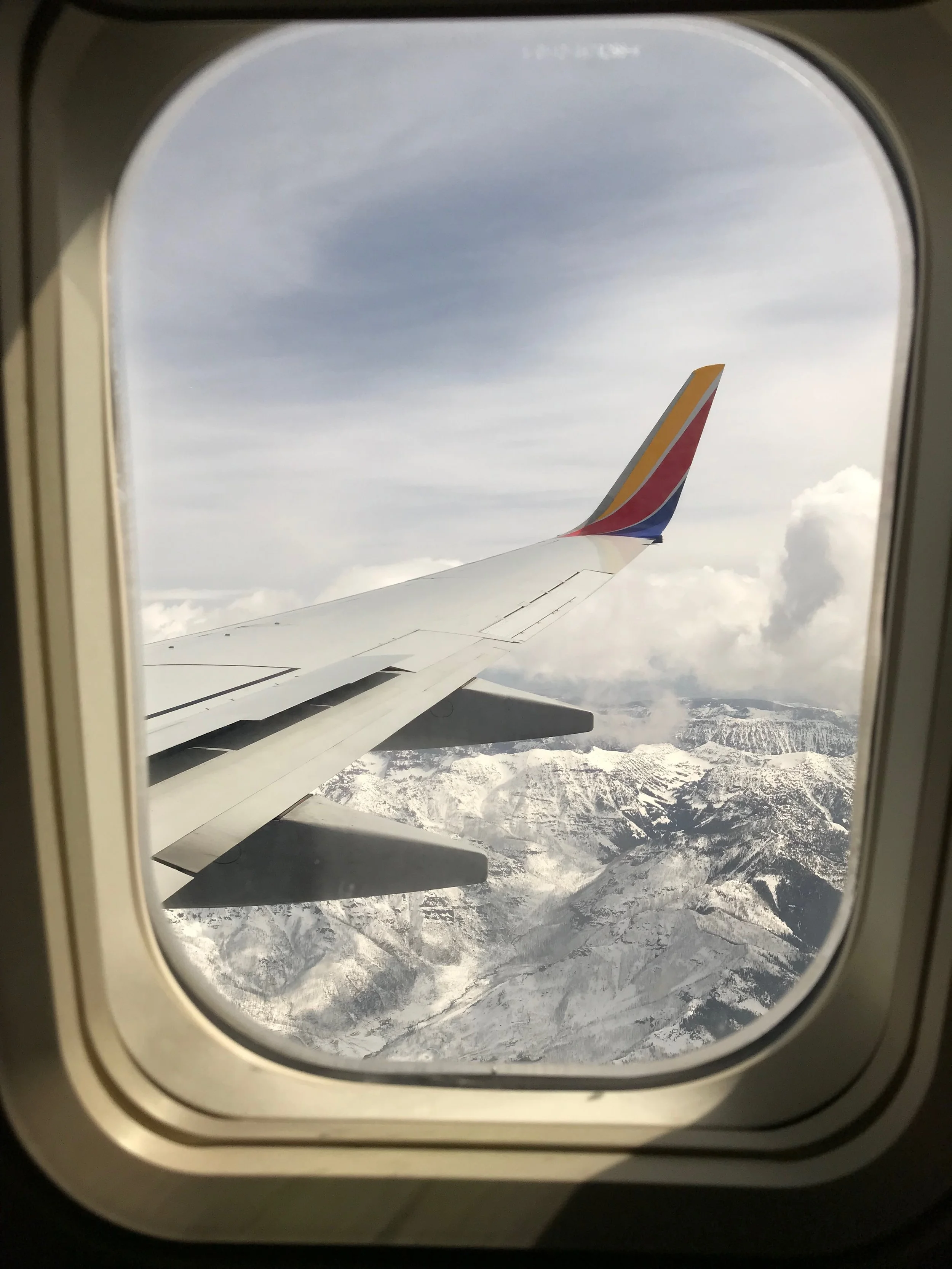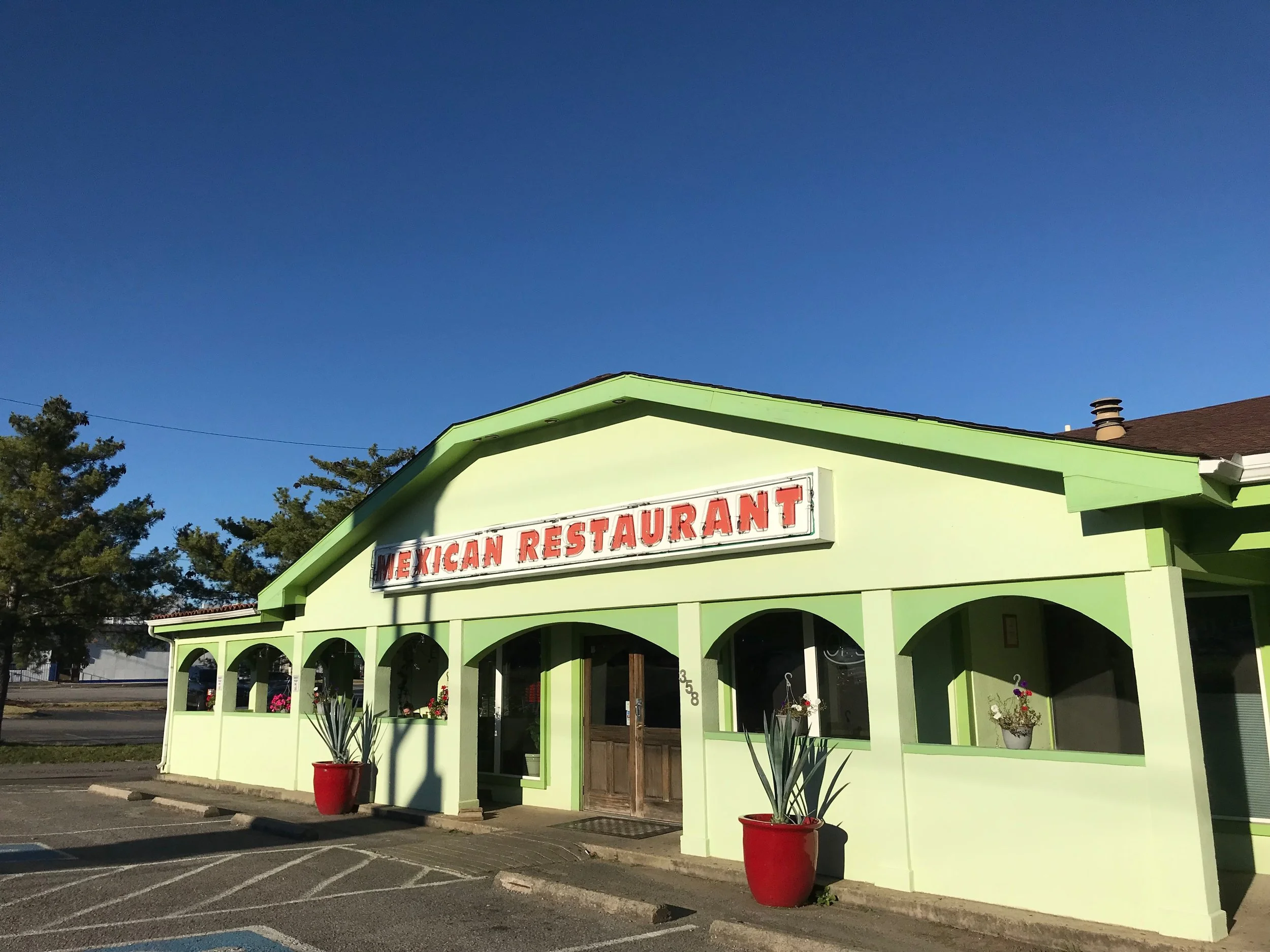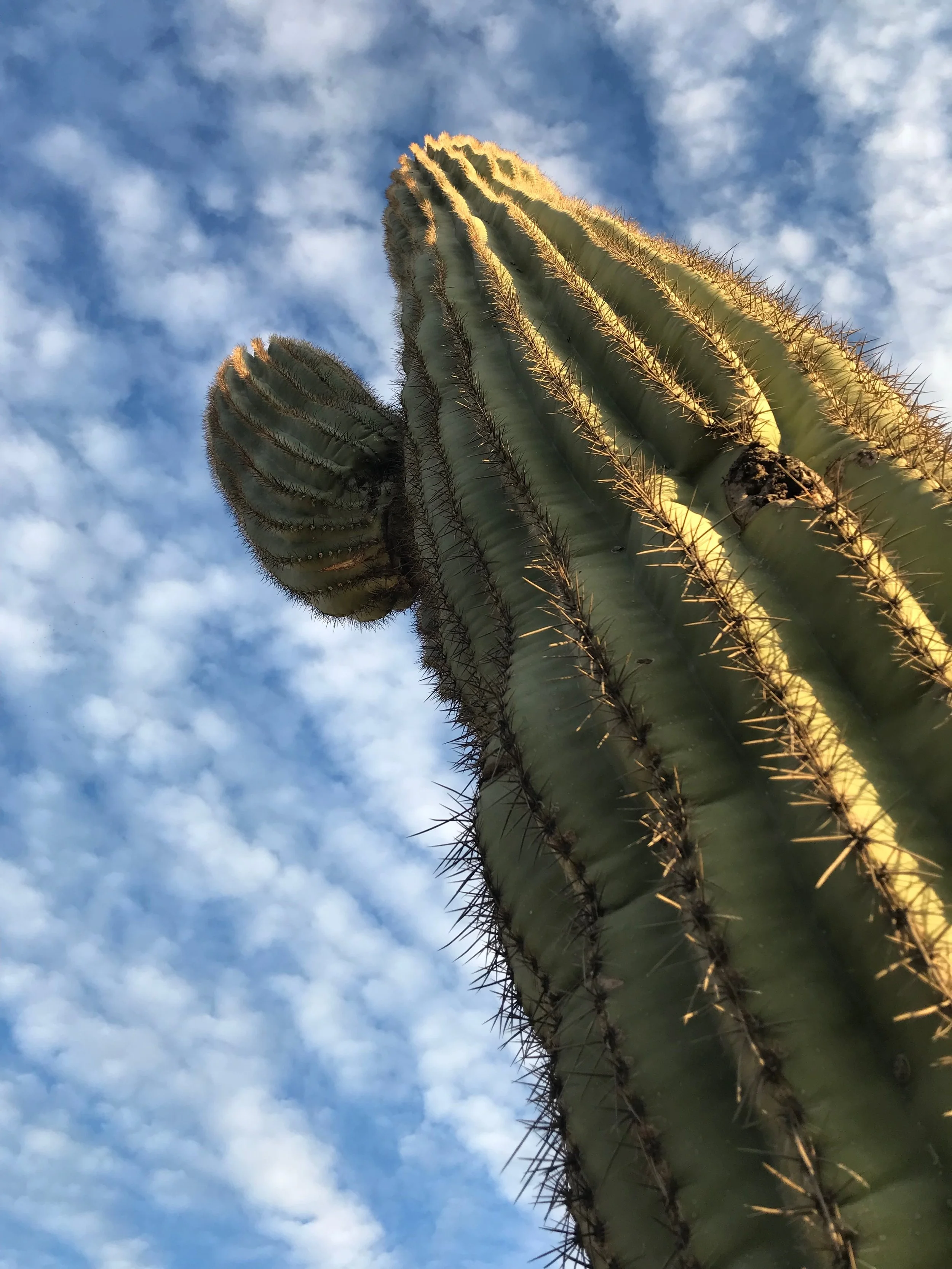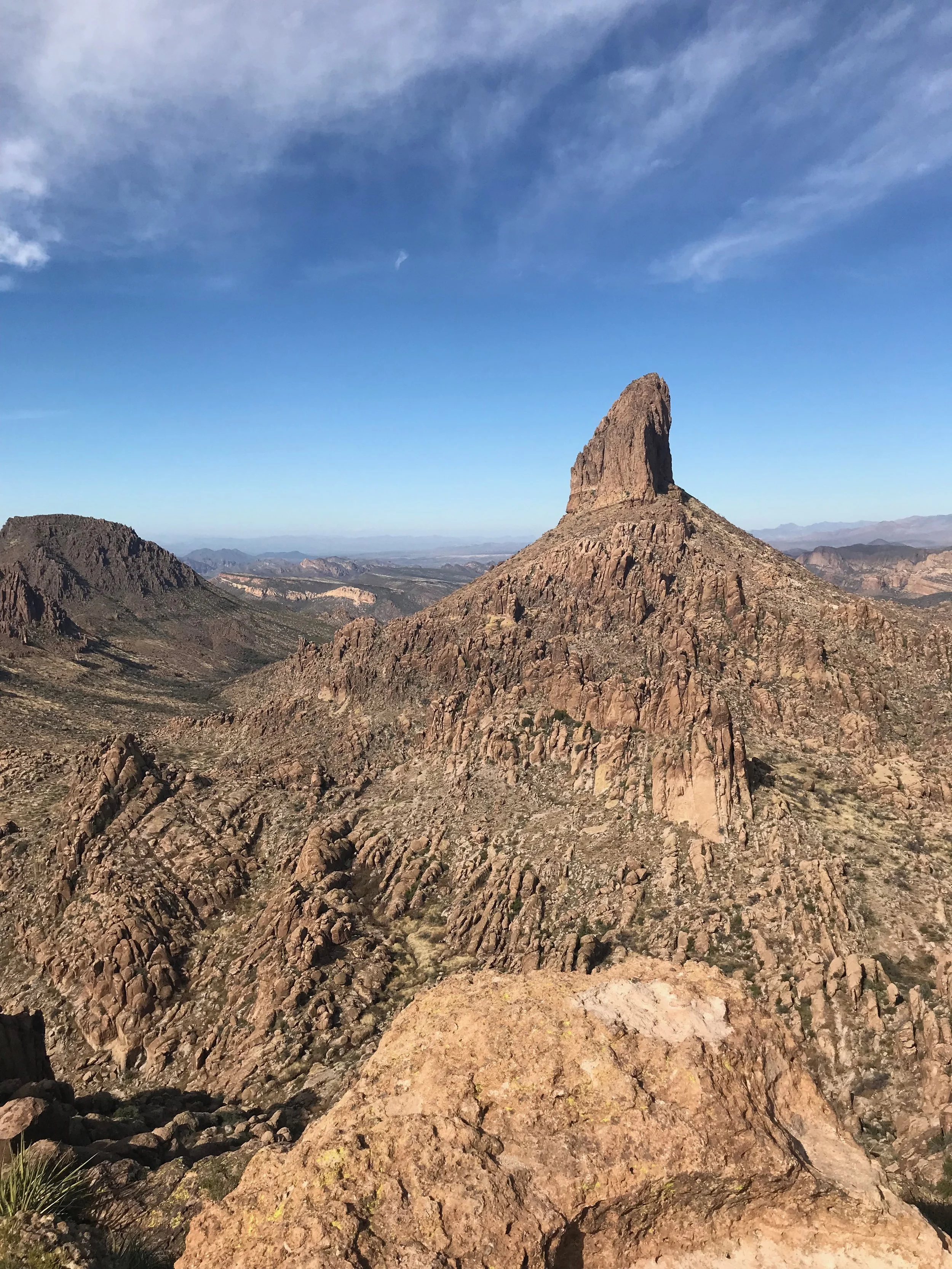The Inconvenience of Love
['Aye, have you heard?! Windrose Magazine is back in stock—just in time for December graduations and Christmas! Get you (and a friend) your copies here.]
On my drive back to Nashville after Thanksgiving, I followed a hazy smoke on the horizon for miles in the flatlands of Arkansas until I finally passed by a smoldering field, the smoke blotting out the blue autumn sky. Apparently these burns are called “prescribed burns”—the farmer burning away the old crop to make way for the new. That’s a lot of what the last couple of years have felt like for me: a prescribed burning away of all my false ideas about life—like my prideful assertion that I don't need people—to make way for the new.
Disclaimer: I’ve never been one to appreciate people. My self-defensive armor growing up was sarcasm and a black-and-white, right-or-wrong view of the world. I followed the rules and made the grades and went to church because I was supposed to, but pride and the need to be right was my motivation behind this rigid rule-following. And while college was a gradual melting of this judgmental view of people and life, it wasn’t until after college that the real work began. Time to scorch the earth to make way for new things, better things.
Maybe my realization of needing people isn’t some enormous epiphany to you because you have always known this, but to me—the girl who joked with her friends growing up that “stupid people suck” (Lord have MERCY on my 15-year-old soulless soul)—the realization that I actually needed people was like waking up to a world I’d only known faintly. It’s a world that requires love, and love is exceedingly inconvenient and requires a lot of motivation on my part, because I’m someone who likes grudges and the easy way out. And often, love hurts.
And I really hate getting hurt—from someone flipping me off on the road to not getting an invite to being told, “Sorry, I just don’t feel that way.” I relate on all levels to my bae C.S. Lewis: “I am a safety-first creature. Of all arguments against love none makes so strong an appeal to my nature as, ‘Careful! This might lead you to suffering.’” Love requires vulnerability and vulnerability can hurt as all get out; but without vulnerability, we go through life like one of those spooky pond bugs skimming the water’s surface.
But even with this risk of hurt, I need people, and this becomes apparent when, despite the fact that I thrive within my solo time, you give me one too many nights alone in my apartment and I become a weepy mess over New Girl episodes while taking selfies with my cat. Yet needing people requires reaching out and reaching out requires vulnerability, and we’ve established that vulnerability opens you up to being hurt and disappointed and seriously, who wants that?!
But I’ve been to enough counseling (10/10, would recommend) to know that, as Brené Brown says, “Numb the dark and you numb the light.” In order to know the fullness of joy, you have to know the fullness of pain.
Now, if I were God, I would’ve given humans the emotional capacity of a pond bug—do you think pond bugs fret about the future or mourn the past or grieve over broken relationships?! However, I’m not God (probably for the best), and so we have an emotional spectrum as wide as my overweight cat (read: very wide) and doing relationship with other people requires accepting the emotions—the comfortable and uncomfortable ones—that come along with all relationships. This is supremely difficult for me to do. If I were given the choice of going through life experiencing no pain like a pond bug or living a full life with love and hurt, I’d be seriously tempted to go with the pond bug.
Case in point: the other day I sat bundled under a blanket on my couch in the throes of the Winter Wallows, arguing to my roommate Chelsey that perhaps the secret of a happy life was to forbid yourself to develop any expectations at all for how you’d like the future to be. And then she argued, hello, we’re human, that’s impossible. And I said “TRY ME” and then the next morning while praying God was all, “You naive girl, go read that C.S. Lewis passage again.”
So obediently I turned to the chapter on Charity in The Four Loves:
“To love at all is to be vulnerable. Love anything, and your heart will certainly be wrung and possibly be broken. If you want to make sure of keeping it intact, you must give your heart to no one, not even to an animal. Wrap it carefully round with hobbies and little luxuries; avoid all entanglements; lock it up safe in the casket or coffin of your selfishness. But in that casket—safe, dark, motionless, airless—it will change. It will not be broken; it will become unbreakable, impenetrable, irredeemable. The alternative to tragedy, or at least to the risk of tragedy, is damnation. The only place outside Heaven where you can be perfectly safe from all the dangers and perturbations of love is Hell.”
I realized that my argument against expectation was really an attempt to wall myself off from heartbreak of any kind, whether that’s from broken dreams or broken relationships or broken expectations. And so I did as one does when truth shoves them to the ground—I cried a bunch over my skinned knees and admitted that God and C.S. and Chelsey know what they’re talking about, and I’m just weakly trying to protect my own happiness, which, I’ve learned, is not at all the point of life.
So that requires “throwing away all defensive armor” and staying open to love (all of it), which assuredly means that there will be hurt—over and over and over again—in silly ways that pinch and monumental ways that knock the wind out of you and leave you doubled over.
Make no mistake, though, boundaries are good. Boundaries keep you from marrying the wrong person or letting a toxic friendship dominate your life. Boundaries are healthy; walls are not. Boundaries allow love over the lines; walls keep all—love included—out.
I write as if I actually know anything about love, as if I practice it daily to friend and foe and stranger on the street. Second disclaimer: I do not do this. I’m at the level of still learning to read—my books are mostly illustrations with maybe three simple words strung together to form a sentence a 5 year-old can read when it comes to learning what love looks like in practice—to give when you’d so much rather keep, to forgive when seriously why should I because they do NOT deserve it, to say, “Hey, what you did hurt me” when you’d rather passive aggressively brood over the wrong, to patiently accept that you aren’t perfect and neither is that maddeningly complicated human sitting across from you at coffee.
Love requires much—requires all, really, and yet a life fully lived (and not barely lived) requires love in all its exasperating, uncomfortable, vulnerable complexities. Most of the time—probably 99% of the time—this seems like a nearly-impossible request, especially when your fear and pride and selfishness and hurt are encouraging your fight (“hit ‘em where it hurts, sister!”) or flight (“go hide in your room listening to sad Bon Iver songs!”) response. Confront a situation head-on to resolve it or let an icy air hang between you and a friend for a week in avoidance of confrontation? I’ll take the latter, and I have, often.
But love calls us to something higher than ourselves—or rather, something deeper within ourselves, something truer, I think, than any of these walls we’ve built in an effort to stay safe. Life is inherently unsafe (spoiler: we die), and so these walls, while keeping us somewhat sheltered from disappointment and hurt, also keep us isolated from fulfilling relationships with one another that go deeper than keeping people at an emotional distance.
I get it wrong nearly all of the time; I choose myself over love just about always. Like I said, I’m still reading picture books over here—the language of love is a challenging one. But I see the tiniest bud—green, hopeful—in the scorched ground, the life that needed to be cleared away for the new. And so I will tend to this truth until maybe life looks more like love and less like self-protecting fear, where relationship becomes my priority rather than me, me, always me.
// READING RECS //
P.S. Haven't read C.S. Lewis' The Four Loves? Get your copy here and support That First Year in the process! When you get your copy through Amazon, we receive a li'l bit of $$ in return. You get a great book, and we get to keep running TFY. Wins all around!
[Photo by Julie Bloom.]
Who is Windrose for?
These are words for those who are wandering and wondering through the open spaces of young adulthood, words for those navigating the unchartered seas of a life all your own. Whether starting a new job or investing more in your current one, moving to a new city or creating a home where you already are, making new friends or feeling the loss of your old ones, booking that trip to Europe or only staring at a calendar void of vacation days, Windrose is for YOU.
Where do you ship?
We can only ship within the United States. Sorry to our international friends! We still love you! But you can still get your digital copy of Windrose!
When can I expect to receive my copy of Windrose?
Windrose Magazine is back in stock! Woo! You can expect to receive your magazine by the 3rd week of December—ust in time for December graduations and Christmas!
How will you be shipping these magazines?
We will be mailing your magazine via United States Postal Service. You will receive a tracking number via email once your magazine has been shipped.
Anything else I should know?
No returns; all sales final.
I still have questions...
Just shoot us an email at info@thatfirstyearblog.com and we'll respond as quickly as we can!












Hi friends,
Announcement (sounds so formal, doesn’t it?):
It's the end of an era.
I’ve decided that, after nearly 8 years of telling stories of navigating life, this season of Windrose is drawing to a close.